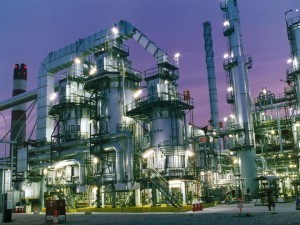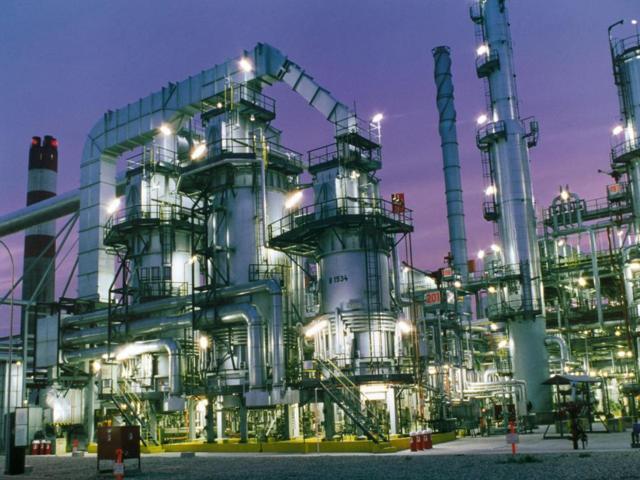 India’s Reliance Industries Limited (RIL) could become a major buyer for Canadian crude oil. RIL, headquartered in Mumbai, India, operates five major divisions: exploration and production, petrochemicals, retail, refining and marketing, and telecommunications. India imports nearly 4 million barrels of oil each day, and, during 2012-2013, its imported oil grew nearly 10%. Canadian crude oil would be attractive for India’s crude oil needs at a price 14% cheaper than its current West Asian supply, which is trading at about $104/barrel. Crude oil producers expect Japan and China to compete with India for the Canadian exports.
India’s Reliance Industries Limited (RIL) could become a major buyer for Canadian crude oil. RIL, headquartered in Mumbai, India, operates five major divisions: exploration and production, petrochemicals, retail, refining and marketing, and telecommunications. India imports nearly 4 million barrels of oil each day, and, during 2012-2013, its imported oil grew nearly 10%. Canadian crude oil would be attractive for India’s crude oil needs at a price 14% cheaper than its current West Asian supply, which is trading at about $104/barrel. Crude oil producers expect Japan and China to compete with India for the Canadian exports.
According to oilprice.com, Canadian crude oil (WCS) is likely to maintain wide price differentials relative to WTI and Brent, as the Canadian product will continue to trade at a significant discount. The low market price is attributed to several factors including increasing crude supplies, slower evolution in refining capacity, and more limited pipeline capacity. Analysts have estimated that sometime between 2014 and 2018 Canada could run out of export pipeline room.
Enter the 4,500-kilometre Energy East Pipeline which would bring refineries of Eastern Canada about 1.1-million barrels of crude oil per day from Alberta and Saskatchewan. Canada’s wealth of oil sands is located in Alberta, primarily in the northern half of the province. The project to bring the Energy East Pipeline to life currently entails converting an existing natural gas pipeline to one that would transport oil; building pipelines across six provinces from Alberta to New Brunswick and connecting them to the converted pipeline; and building facilities, such as tank terminals, marine facilities for shipping access, and pump stations, needed to move the crude oil. The Energy East Pipeline is still pending public and regulatory review. Environmentalists are launching protests to the development and estimate potential greenhouse gas emissions from the oil transported through the pipeline would be equivalent to seven million cars on Canadian roads each year.
The earth contains substantial untapped reserves of extra-heavy oil, oil shale and oil sands from which synthetic crude fuels are made. Synthetic crude oil is the product of upgrader facilities used in oil sands production. Synthetic crude oil can be refined and processed to be used for the same purposes as conventional crude oil. A wide variety of products can be made including fuel oil, gasoline, ethylene, and propylene; plastics; lubricants; asphalt; synthetic fabrics; perfume; carpeting; and electronics like computers, televisions, and ear buds.

